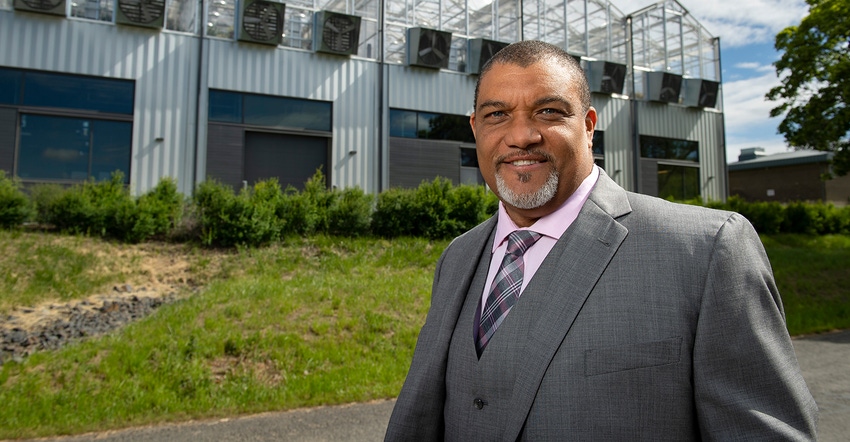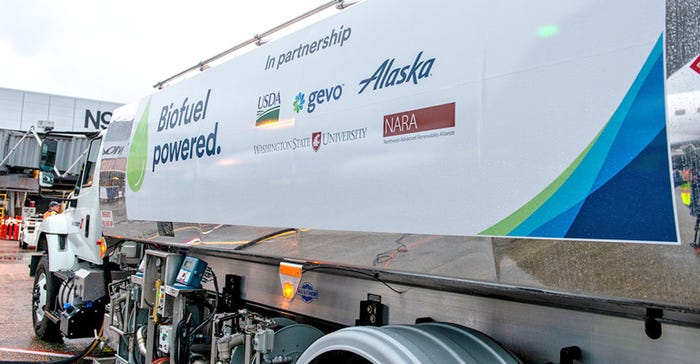March 25, 2019

Investing in research is a key role of USDA. The department works with a range of contractors and researchers to answer questions, find new uses and innovate for agriculture. For the second year in a row, Washington State University is No. 1 for USDA research and development expenditures.
The university reported that in the 2017 fiscal year, researchers spend $50.9 million of the USDA funding committed to the school. That puts WSU at the top of a class that includes 375 universities nationwide, according to the National Science Foundation’s Higher Education Research and Development Survey.
The expenditures also represent a university record, rising by $8 million over last year’s previous record.
The research funding went to a wide range of projects. For example, the College of Veterinary Medicine spend nearly 12% of USDA funding on research focused on livestock health and food security.
WSU’s Voiland College of Engineering and Architecture used USDA funds for such programs as work on renewable biomass material made from the region’s fields and forests to develop bio-products and biofuels.
Other projects funded included a program to provide testing and pathogen-free material to support the region’s multibillion-dollar fruit tree, winegrape and hops industries; the university-created Genome Database for Rosaceae, which allows scientists to access and explore Rosaceae genetics, genomics and breeding data through a suite of integrated data mining tools; the reduction of bovine respiratory disease complex in beef and dairy cattle by finding genetic markers for resistance; and establishment of a knowledge base and resources to grow organic quinoa in the U.S. by making it resistant to heat, insects and disease pressure.
André-Denis Wright, dean of the WSU College of Agricultural, Human and Natural Resource Sciences, notes that federal support in 2017 “helped our scientists deploy next-generation technology and techniques for better grains, legumes, potatoes and fruit crops; and provide virus-free fruit trees, grapevines and hopes to safeguard multibillion-dollar industries.”

TIMBER FUEL: The WSU-led and USDA-funded Northwest Advanced Renewables Alliance is making alternative jet fuel from forest products.

Biomass to biofuel
One of the top funded projects was the work on biomass for bio-products and biofuels. The aim was to focus on biomass from forest residuals — including tree limbs and branches — that remain after a forest harvest, and turn them into bio-based alternatives to petroleum-based products, including jet fuel. Led by researchers from both VCEA and CAHNRS, the project included staff from eight departments and research units from three colleges on two campuses. The Northwest Advanced Renewables Alliance includes 32 partners from the biofuels and aviation industries, forest sector, public universities and government laboratories, all of which helped develop the bio-based tech.
The renewables efforts focused on reducing fossil fuel use and greenhouse gas emissions; and worked to bolster sustainable economic development potential in timber-based rural communities in the Pacific Northwest. The five-year project ended in 2017.
Looking ahead
When the 2018 Farm Bill was signed, it included provisions to support agriculture research and trade, food and nutrition programs, conservation, support for farmers and rural economies, and animal disease prevention.
Colleen Kerr, vice president, external affairs and government relations, notes that WSU prioritizes partnering to serve the state’s economy. “We took that value to heart and worked hand in hand with USDA, our agriculture stakeholders, and our congressional delegation around passing the farm bill. This values-based collaborative approach has brought success with the 2018 Farm Bill. We look forward to maintaining these strong partnerships as we implement and advocate for funding the programs in the bill.”
Source: Washington State University, which is solely responsible for the information provided and is wholly owned by the source. Informa Business Media and all its subsidiaries are not responsible for any of the content contained in this information asset.
You May Also Like




